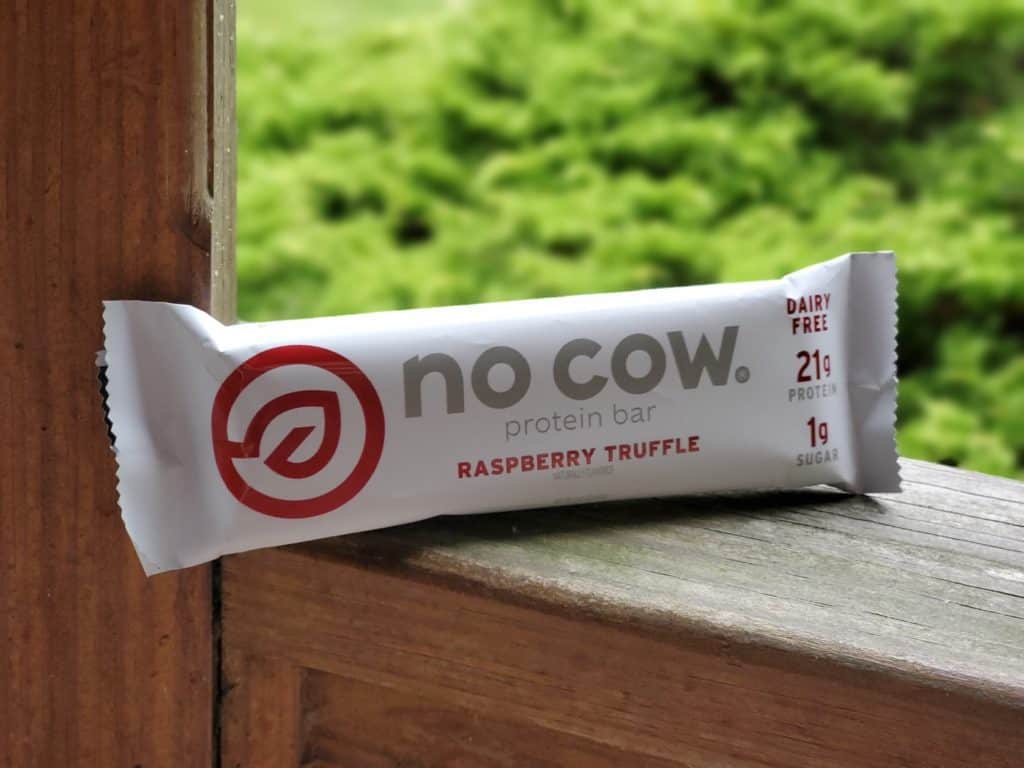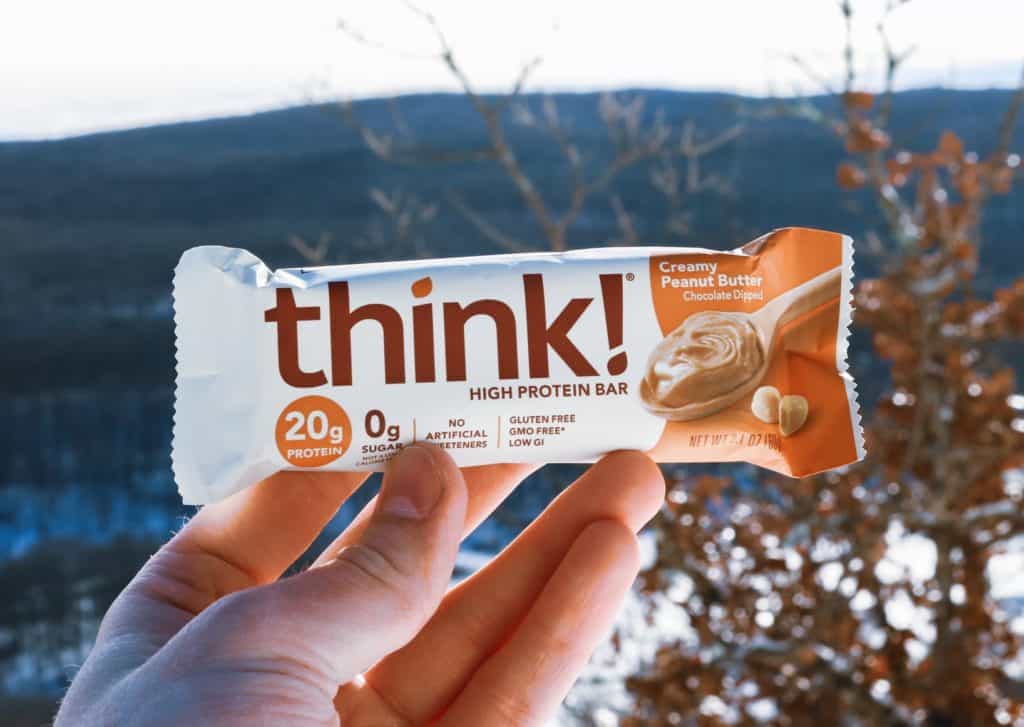
Protein bars are so ubiquitous in today’s world that you’d be hard pressed not to find one in any supermarket, convenience store, or gas station you walk into.
Companies like Quest, MetRx, and Clif have developed into well known, established brands that can be found anywhere.
Consumers’ perception of protein bars has changed over the years as well. They are no longer seen as a supplement reserved for meathead bodybuilders and people looking to pack on pounds of muscle. Men, women, and even teenagers can be seen eating them.
Since protein bars are part of a diet, it raises questions about the effects it has on a person’s physique.
A protein bar in of itself will not make you fat. The entire context of a person’s diet will determine whether they gain or lose weight. However, protein bars vary in macronutrient content and total calories, so it’s important to choose appropriately based on needs.
Similar to our discussion on meal replacements and protein shakes, different protein bars are appropriate for different situations.
Not everyone has the same fitness goals. Some people may want to gain muscle while others want to lose weight or improve their performance in a sport. Protein bars are not a one-size-fits-all thing. Different brands have different nutrition profiles.
Protein bars range from 150 calories to over 400 calories per bar depending on the brand. A typical Quest bar has 180 calories while a MetRx Big 100 bar has 410 calories. Metrx therefore has over twice the amount of calories than Quest.
This doesn’t make Metrx bad; in fact it’s actually one of my favorites. It just means you have to choose appropriately based on your goals. With an understanding of nutrition labels, you can sift through the nonsense and figure out what’s best.
Choosing The Right Protein Bar
The main driver of weight gain or weight loss is energy balance. If you consume more calories than your body needs, you will gain weight. If you consume less calories than your body needs, you will lose weight.
Due to its simplicity, some people question this law of thermodynamics. However research has shown time and again that it is true.
Just because something is simple, doesn’t mean it’s easy. The behaviors associated with successful dieting, especially in terms of weight loss, are extraordinarily complex.
With that said, a big part of success with any diet is decision making. You always want to put yourself in a position to succeed and reach your goals.
As mentioned, the calorie content of protein bars varies wildly. Choosing the right bar is key to reaching your goals.
A bar like MetRx Big 100 or Robert Irvine’s Fit Crunch (the full size version) is appropriate for people looking to pack on maximum amounts of muscle or for people looking for a high calorie meal replacement.
These bars average out to about 400 calories and 30 grams of protein per bar (different flavors have slightly different nutrition profiles). For some people this is music to their ears; high calorie and high protein content. Other people will look at the macros and say it just isn’t worth it. Context matters.
A bar like Quest or ONE has more manageable calories and macros. These bars have about 200 calories a piece with 20 grams of protein. This is half the calories compared to the others but you also lose 10 grams of protein in the process. There is always a tradeoff.
Some protein bars barely qualify as protein bars even though the marketing on the label says otherwise. According to the FDA, a food is considered high protein if it contains 20% or more of the recommended daily value.
The recommended daily value of protein is only 50 grams, so 20% of that is 10 grams of protein. I don’t think any fitness minded individual would consider 10 grams as “high protein”, even if it technicallyis based on labeling rules.
Most people are unaware of the FDA’s interpretation of what constitutes high protein. As a result, they may pick up a bar they’re unfamiliar with only to find out it has 10 grams of protein, when in reality they wanted something in the 20-30 range.
Some people get 50 grams of protein in a single meal, much less an entire day. It’s important to note that the RDV is the bare minimum when it comes to nutrition. Active individuals have much higher protein needs and should shoot for 0.8-1 gram of protein per pound of lean body mass.
This is why it’s important to not make any assumptions when seeing the phrase high protein on a label. Always look at the nutrition or supplement facts panel on the back to make sure it fits your needs.

Do Protein Bars Make You Fat If You Don’t Work Out?
Protein bars aren’t just reserved for people who frequent the gym. Many people have a hard time getting sufficient protein in their diet, and supplementation can help greatly with that. Protein bars are convenient in that they require no preparation, refrigeration, and can be taken anywhere.
As mentioned earlier, it’s important to take the entire diet into consideration when making decisions.
For simplicity, take the example of an individual who maintains their weight on 2,000 calories per day. If they eat 2,000 calories of food per day, and they add a 400 calorie protein bar on top of that, they will likely gain weight in the long run.
However, if we take that same person with a 2,000 calorie maintenance and change the situation, the results change as well.
Let’s say they have a hard time maintaining their weight and usually consume 1,600 calories per day. If they eat add a 400 calorie protein bar to their existing diet, they will now be able to maintain their weight.
Again, context matters when making dietary choices. A protein bar will not make you fat if you don’t work out unless it takes you over your daily caloric maintenance. And since it is a relatively small part of the diet as a whole, it’s unlikely to have a major impact.
It’s understandable that most people don’t track their calorie intake. And you don’t necessarily need to if trying to lose weight. But in many cases if you are adding calories in one area without removing it somewhere else, the potential for weight gain is there.
Recent Posts
Stretching Before Workouts: Essential Warmup or Performance Killer
“Don’t stretch before workouts, your muscles become too supple” “Stretch before your workouts, warming up is important” It's conflicting advice like this that drives people crazy,...
Best Protein Bar For the Money | Cost Effective, High Quality
Protein bars are no longer a supplement dedicated to diehard gym rats, with awful taste and the consistency of a brick. Men, women, and even teenagers can commonly be seen eating protein bars. The...
